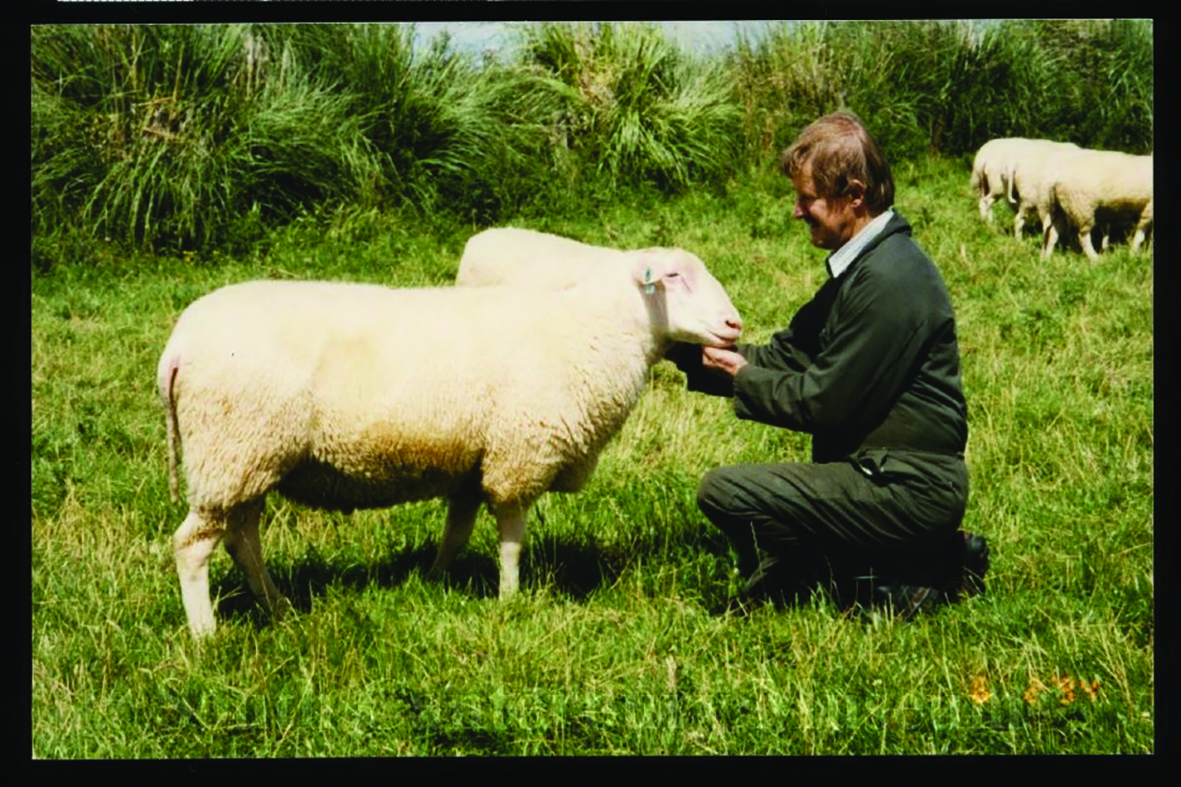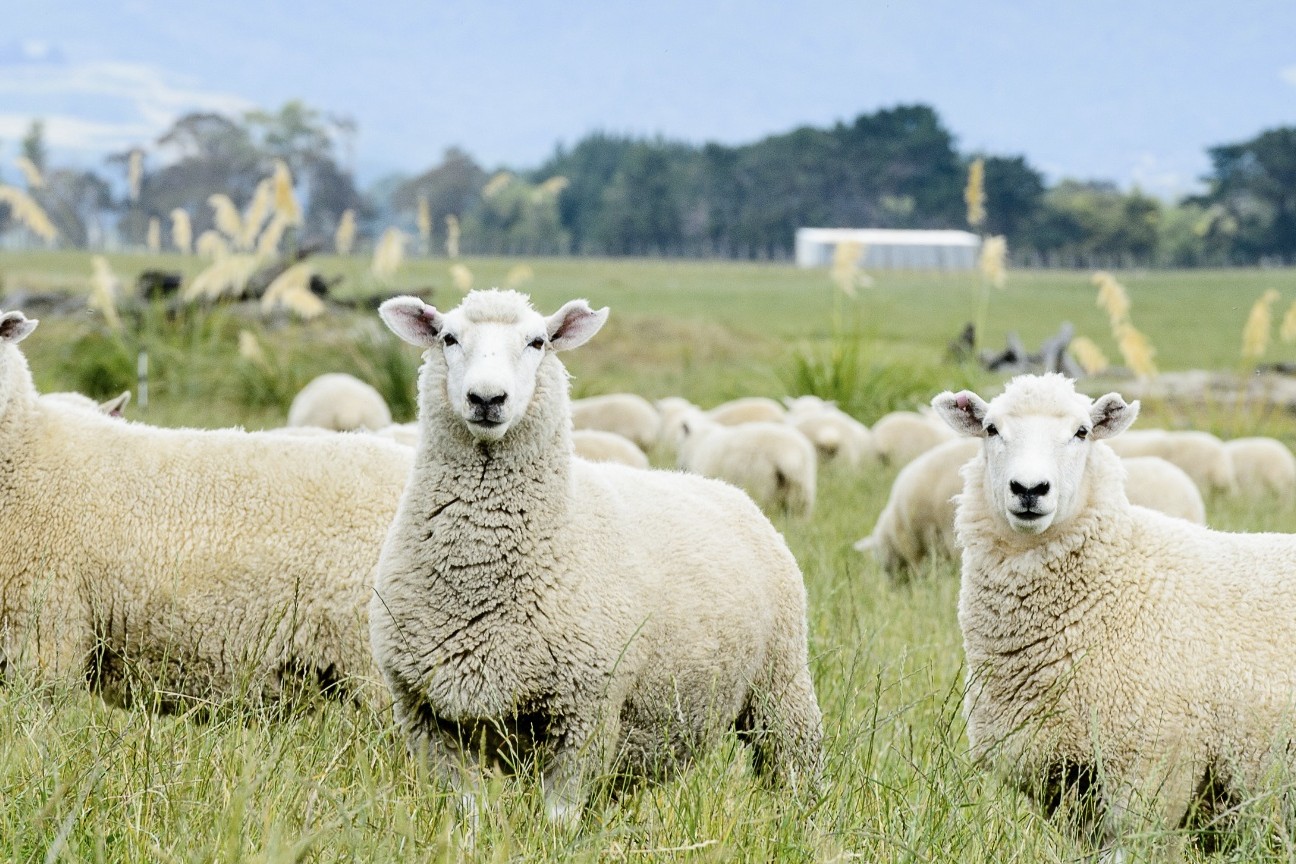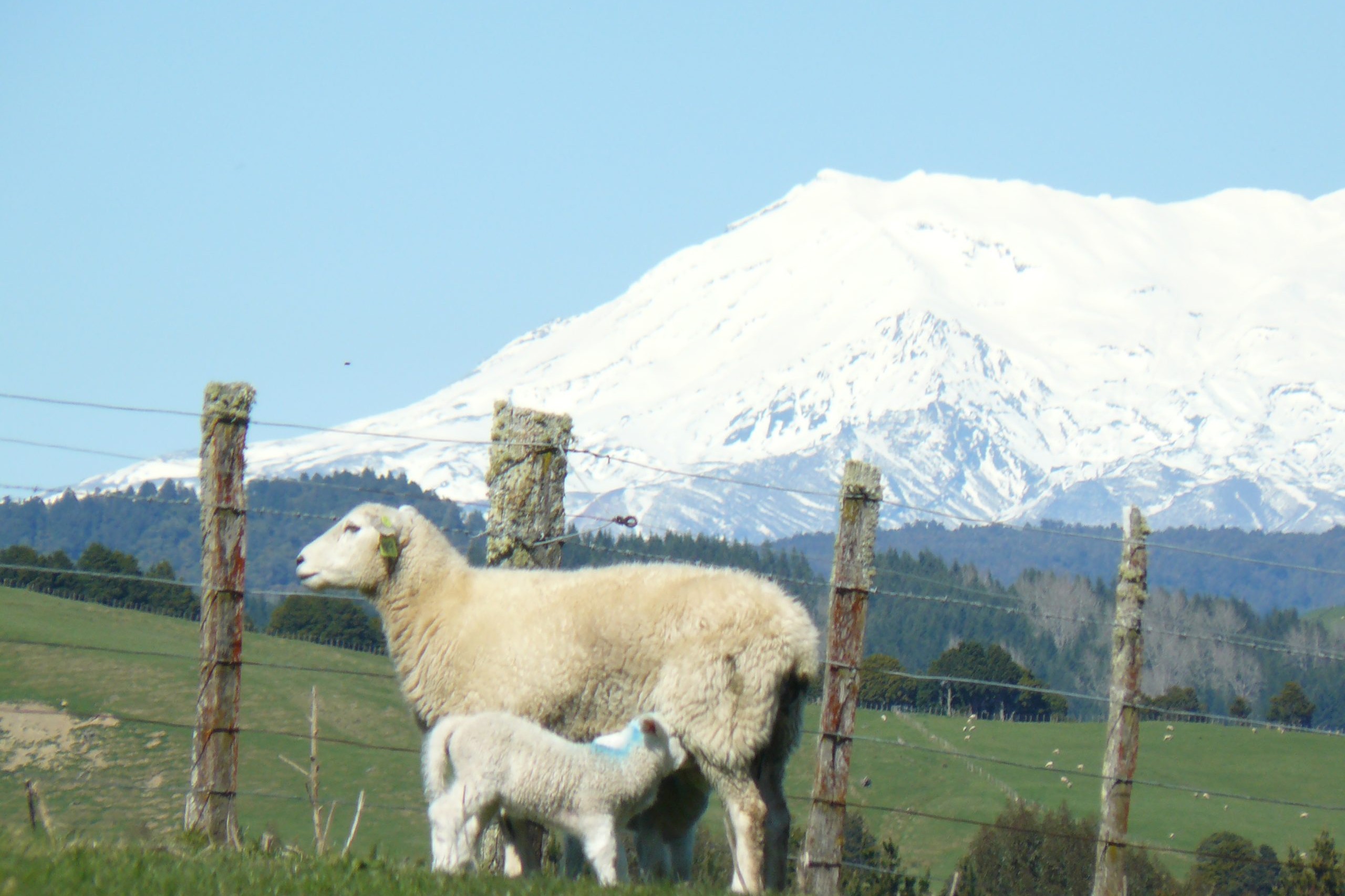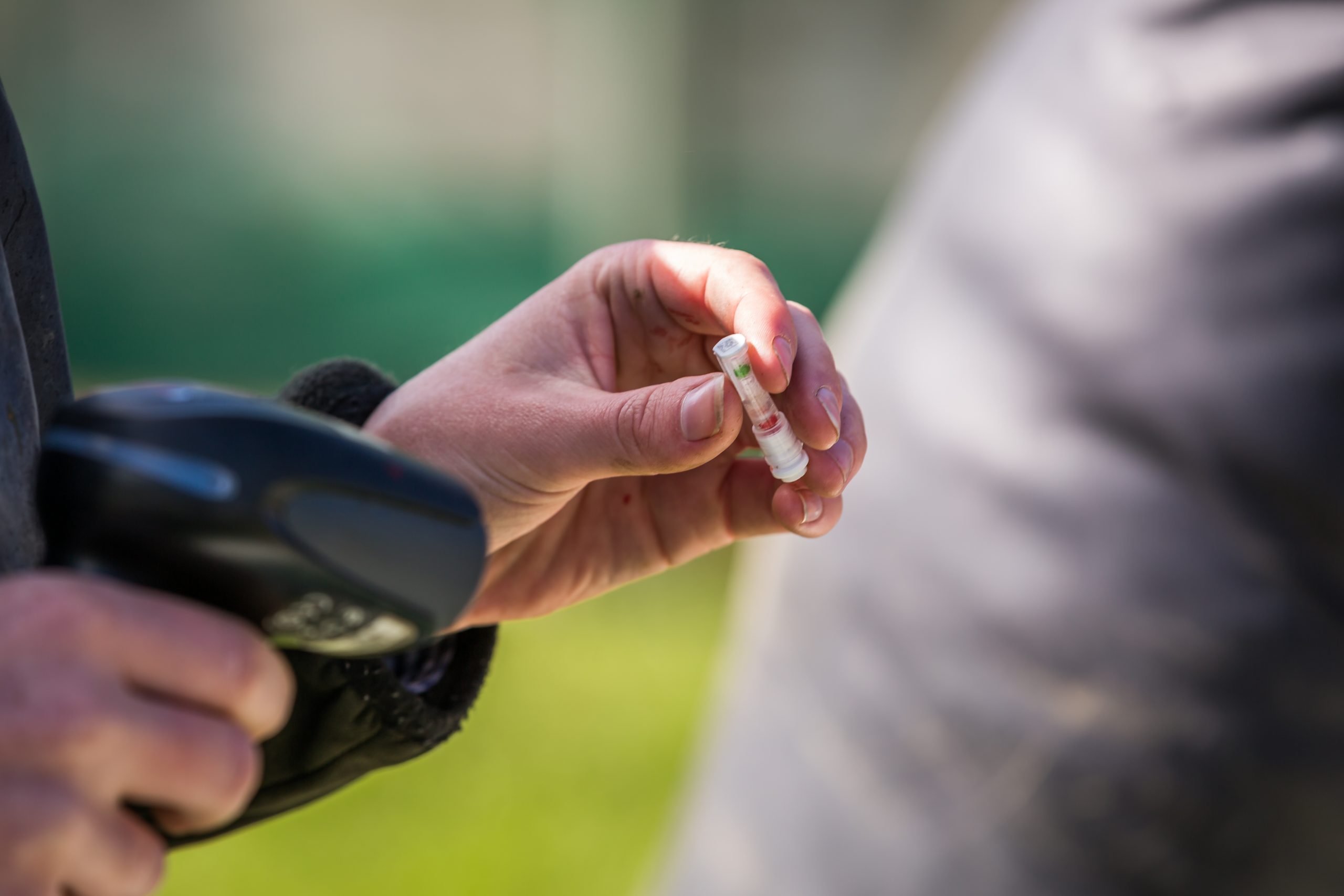For the love of sheep
He upset ram breeders but was the greatest contributor to sheep reproductive rates. He fought for the establishment of AgResearch’s Invermay and then fought to keep it. He imported new breeds to improve meat production, fertility and introduced sheep milking in the face of many critics. Words Sarah Perriam-Lampp.

History will always remember Jock Allison as the reason traditional sheep farmers took a quantum leap forward. Dr. Arthur John (Jock) Allison who passed away in May 2024 aged 80, is described as “a legend in his own lifetime.”
Jock was born on a farm in Central Otago, went on to graduate in 1968 with a Master’s of Agricultural Science from Lincoln with First Class Honours in sheep production. He then joined the Ministry of Agriculture and Fisheries (MAF) on a scholarship, subsequently completing his PhD at the University of Sydney in reproductive studies.
Seeing the low reproductive rates of New Zealand sheep, it was the tools to improve them via the importation of genetics, embryo transfer and artificial insemination that excited Jock.
The adoption of his research by commercial farmers led to a drop in ram-to-ewe ratios with Jock’s suggestions they shift from one ram to 50 ewes to one ram to 100. It was a move that was intensely unpopular with ram breeders. But it had the effect of boosting the rate of genetic improvement with farmers prepared to pay more for the fewer rams they were buying, providing they were getting better quality. While breeders may have been disgruntled at the start, in 2012 they joined the whole sector in recognising Jock at the inaugural Sheep Industry Awards for his significant contribution. His career was always closely entwined with the Animal Production Unit at Invermay Research Centre near Mosgiel for nearly 60 years. “As a long-serving inaugural board member for AgResearch, he constantly reinforced the message that research could not be divorced from its extension to the farming industry — even if it upset a few,” says AgResearch scientist, John McEwan.
‘He constantly reinforced the message that research could not be divorced from its extension to the farming industry.’ – John McEwan, AgResearch
I hear that one of Jock’s more memorable quotes, which he gave to a scientist who was reluctant to tangle with an ill-informed industry leader in the farming press, was “never forget the power of an inflammatory headline”. One of the many things Jock and I agree on!
Jock established LambXL and was involved in the importation of exotic sheep breeds to New Zealand, which included Texels, Finns, Oxford Downs, German White Headed Muttons and Gotland Pelts. These breeds have had a major impact in improving the carcass composition of existing breeds. Jock was also a founding member of what is now AbacusBio, an international genetics improvement company.
“Jock’s contribution to research has been notable but it is his entrepreneurship in importing East Friesian sheep into NZ that he is best known for and it is for that, that the nomination for the Sir Arthur Ward Award was primarily made. His enterprise has given us an opportunity to add a new dimension to sheep farming, an ovine milk industry,” says John. In more recent years Jock is perhaps best known for his successful campaign against consolidating Invermay animal research at Lincoln and Palmerston North.
Such a move, he argued, would lessen farmers accessibility to scientists and make their work geographically less relevant. After he retired as an AgResearch director, his single most impactful action was getting representatives of the dairy and meat industries and AgResearch into a single room in Auckland in late 2002 and then obtaining agreement from them to equally contribute to what would be NZ’s contribution to the international project of sequencing the cattle genome.




